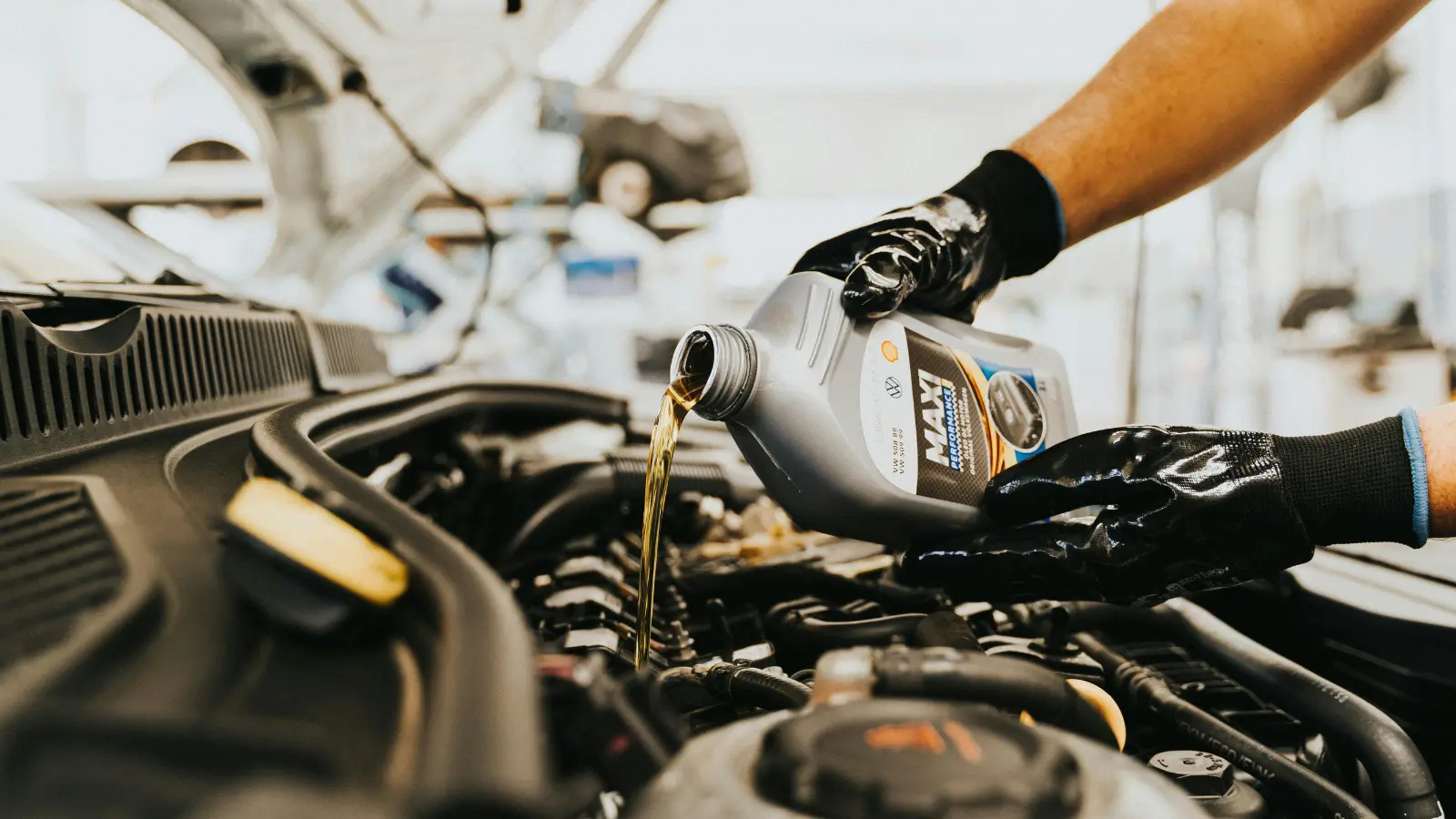How Efficiency Saves You More Than Just Fuel
Buying a fuel-efficient vehicle is often viewed as a smart way to save money at the pump, but its benefits go much deeper than fuel savings alone. To truly evaluate its value, it is helpful to look at the total cost of ownership. This includes everything from purchase price and fuel to maintenance, insurance, and long-term resale value. When you add it all up, many fuel-efficient vehicles deliver impressive long-term savings.
What Is the Total Cost of Ownership?
The total cost of ownership (TCO) includes every dollar you spend on your vehicle throughout your time owning it. While sticker price is one part of the equation, other costs can add up over time, including:
- Fuel
- Insurance
- Maintenance and repairs
- Depreciation
- Registration and taxes
Understanding these components can help you compare vehicles more accurately, especially when choosing between a traditional gas car and a more efficient option like a hybrid or plug-in hybrid.
Fuel Savings Add Up Fast
The most obvious benefit of driving a fuel-efficient car is lower fuel costs. Whether you are driving a compact gas-powered car or a hybrid with electric assist, using less fuel means more money in your wallet. For example, if you switch from a vehicle that averages 20 miles per gallon to one that averages 40 miles per gallon, you are effectively cutting your fuel bill in half.
Drivers who cover long distances or spend a lot of time in traffic see the most noticeable benefits. Over five years, fuel savings alone can amount to several thousand dollars compared to a less efficient vehicle.

Maintenance Costs Can Be Lower Too
Fuel-efficient vehicles are often designed to be lighter and simpler, which can reduce maintenance costs. Many hybrids use regenerative braking, which extends the life of brake pads and rotors. Smaller, more efficient engines may require fewer repairs over time. Plug-in hybrids often need fewer oil changes, and electric vehicle components are generally very reliable.
Just like with any car, following a routine maintenance schedule helps maximize both efficiency and cost savings over the life of the vehicle.
Upfront Costs vs Long-Term Value
Fuel-efficient vehicles sometimes have a slightly higher upfront price, especially if they are hybrids or plug-in hybrids. However, incentives such as tax credits and manufacturer rebates can help offset that initial cost.
In the long run, lower fuel and maintenance costs can make these vehicles more affordable overall. Additionally, many fuel-efficient models hold their value well, which helps reduce depreciation when it is time to trade in or sell them.
Insurance and Incentives
Insurance premiums for fuel-efficient vehicles are usually similar to comparable gas vehicles. In some cases, hybrids and plug-in hybrids may even qualify for lower rates because of their advanced safety features and lower risk profiles.
Some states and utility companies also offer perks such as rebates, carpool lane access, or discounted electricity rates for plug-in hybrids and electric vehicles. These extras can increase your savings further.
Cost Comparisons: Fuel-Efficient vs Gas-Only
Fuel Economy
Fuel-efficient cars typically achieve between 30 and 60 miles per gallon (or MPGe for electrified options), while traditional gas-powered cars often average between 20 and 25 miles per gallon. This means fewer fill-ups and more money saved over time.
Maintenance Costs
Fuel-efficient vehicles, particularly hybrids, often have lower maintenance needs. Regenerative braking extends the life of brake components, and smaller, more efficient engines can require fewer repairs. Traditional gas cars follow standard maintenance schedules and may have higher long-term costs.
Resale Value
Many fuel-efficient models hold their value well, especially when gas prices are high or when demand increases for economical vehicles. Traditional gas cars have more varied resale outcomes depending on market trends and model popularity.
Five-Year Fuel Cost
Drivers of fuel-efficient cars can expect to spend between $4,000 and $7,500 on fuel over five years. In contrast, traditional gas vehicles may cost between $9,000 and $14,000 to fuel during the same period, assuming national average fuel prices and driving conditions.
Insurance
Insurance premiums tend to be similar between the two categories, though some fuel-efficient cars may qualify for slight discounts based on safety features or lower risk profiles.
Overall Cost of Ownership
When all expenses are considered, fuel-efficient vehicles often deliver a lower total cost of ownership compared to their less efficient counterparts. The combination of reduced fuel use, lower maintenance, and strong resale value all adds up to meaningful long-term savings.
The Bottom Line
When looking beyond the sticker price, fuel-efficient vehicles often make a compelling financial case. Whether you are saving money at the pump, spending less on maintenance, or benefiting from incentives, the total cost of ownership reflects the long-term value these vehicles provide.
Make the Most of Your Investment
Explore the many benefits beyond saving fuel:
← Go Back: Fuel-Efficient Vehicle Best Practices
Discover Next: Benefits of Fuel-Efficient Vehicles →












